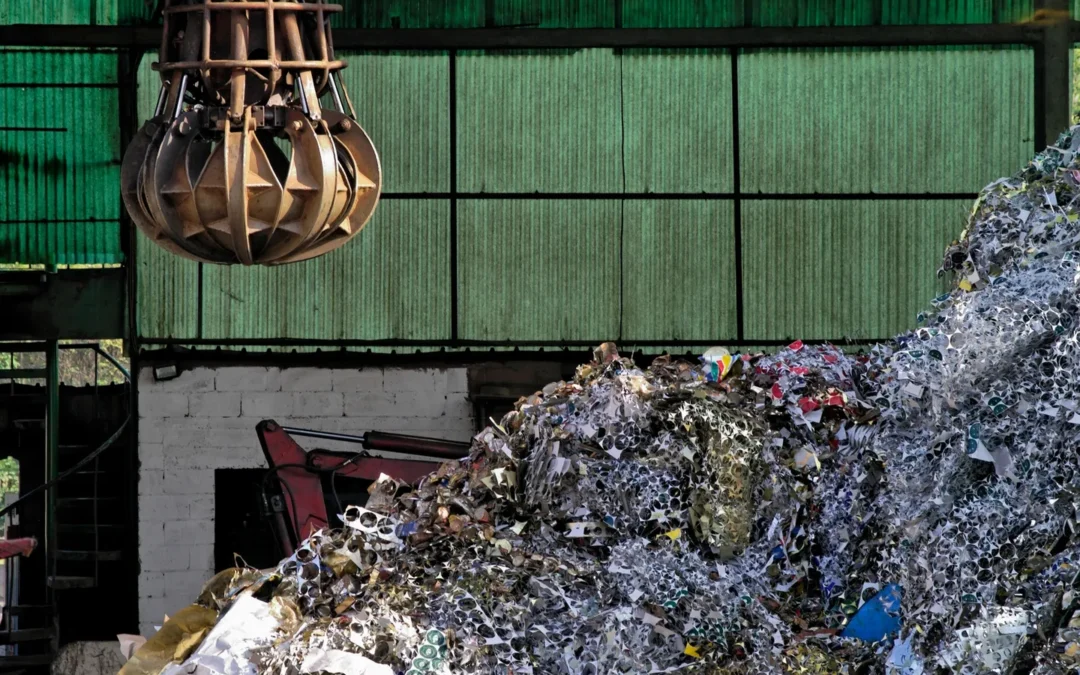Food waste that is not recycled may be sent to landfill where it rots, causing a huge negative impact on the environment by releasing methane – a harmful greenhouse gas that is 25 times more potent than carbon dioxide.
Some local councils send their non-recyclable waste to be incinerated to create useful energy. However, food waste is composed of about 70% water, requiring considerably more energy to burn it, making this a less efficient method of disposal than recycling.
More and more people are recycling their food waste. If we all stopped wasting the food which could have been eaten, it would have the same CO2 impact as taking 1 in 4 cars off US roads.

